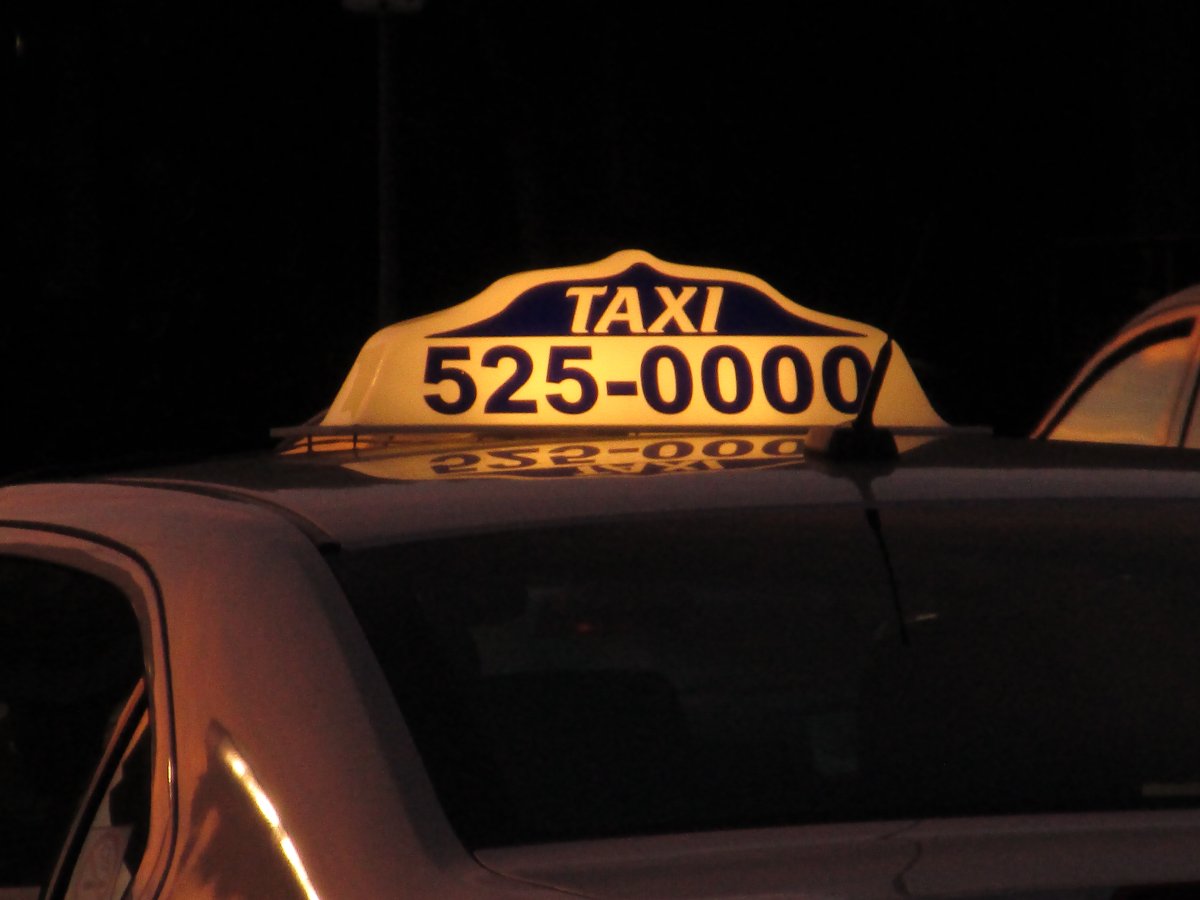Hamilton’s transportation network will be forced to go without nearly a quarter of its taxi fleet after hundreds of cabs lost insurance coverage earlier this month.

Ahead of Wednesday’s council meeting, Ken Leendertse, the head of the city’s licensing department, sent a memo to councillors saying insurance coverage had expired for 244 Blue Line Taxi and Hamilton Cab plates as of Feb. 16.
Anthony Rizzuto, president of Blue Line Taxi, told Global News Radio 900 CHML’s Bill Kelly Show that the providers’ decision not to renew their insurance has forced them to rely on temporary government-mandated insurance meant for “high risk” drivers.
“People who had impaired, reckless, careless, ‘as a last resort’ insurance,” said Rizzuto. “But we have loss ratios, we have proof of how we handle our business, and it’s good. It’s actually very, very good.”
That temporary insurance comes a high cost. 105 cabs have “surrendered” their plates because they can’t pay premiums that have doubled, or even tripled. Drivers who were accustomed to paying between $7,000 and $9,000 per year would now be required to pay between $14,500 and $24,000 per year, based on a zero-to-three star rating.
It’s also having impacts on the city. Financially, the memo from Leendertse said there could be a licensing revenue loss of $69,405 if those cabs aren’t put back on the road.

Get breaking National news
The impact on Hamilton’s transportation network was also mentioned in the memo, as many residents require taxis for accessibility.
“We do provide service for the vulnerable sector,” said Rizzuto.
“We transport probably, between both companies, over 300 school kids every day. That’s a big factor.”
“We have the HSR City of Hamilton Trans-Cab contract, which helps in Stoney Creek and Glanbrook and the Red Hill Business Park. These are things that will definitely be impacted when you start to drop taxis.”
As for other transportation options like Uber and Lyft, Rizzuto said they aren’t immune to insurance rates increasing, adding that the rates customers pay those drivers aren’t regulated.
“If they realize there is a surge in demand, their automatic surcharging kicks in. So the customer at the other side of that will have no choice but to pay those exorbitant rates.”
Blue Lines’ temporary insurance coverage is set to end on March 16, while Hamilton Cab has coverage until Aug. 16.
The city said it will be working with the taxi industry to “ensure coverage” after March 16.
“Furthermore, to assist the taxi industry during this time, licensing renewal fees for taxi plates and leases that expire between Feb. 21 and March 16 will be delayed payment until March 31,” said Leendertse.





Comments